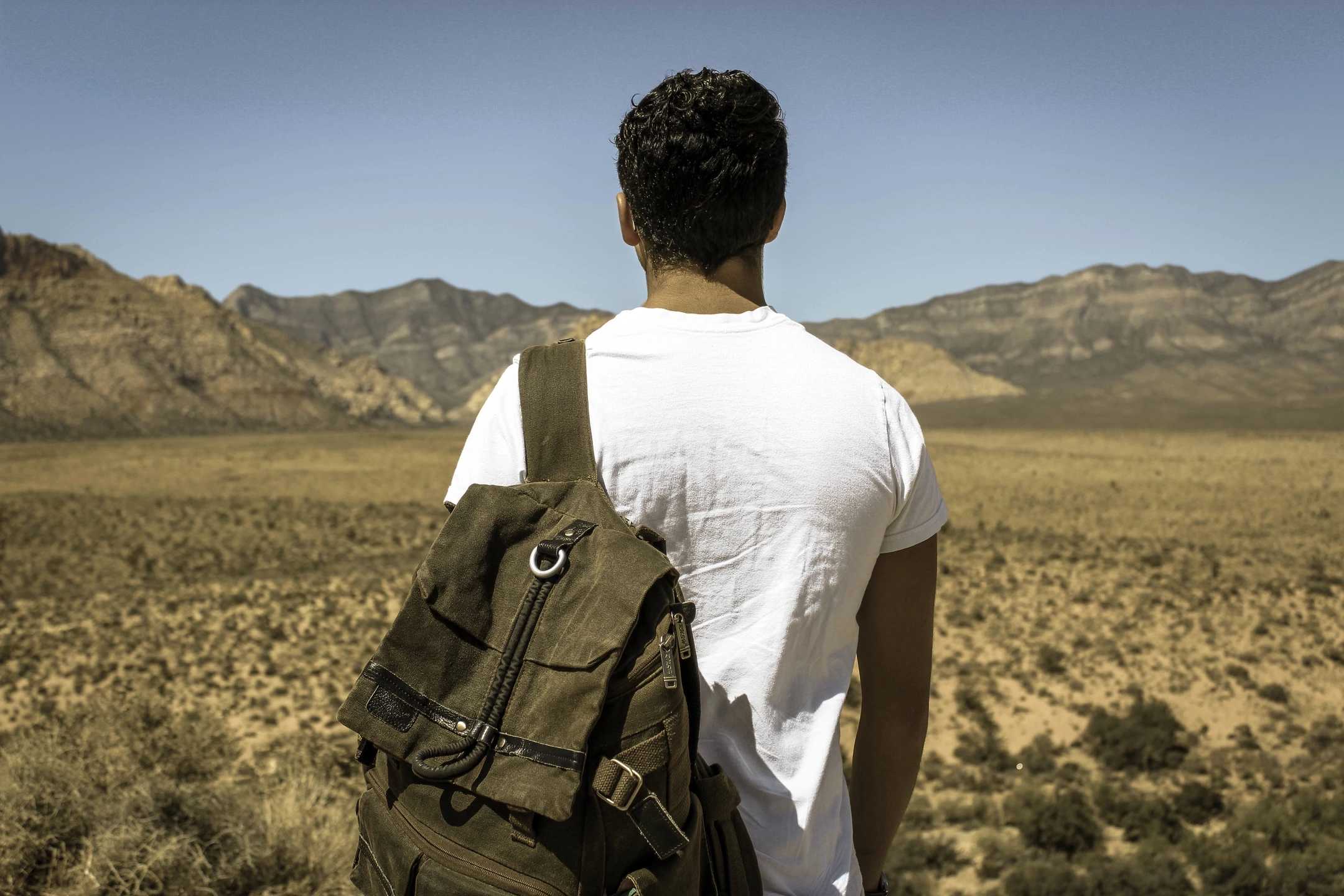Beginning below is a review written for Truthdig of Guilty of Journalism: The Political Case Against Julian Assange, by Kevin Gosztola, published in March by Seven Stories Press. — MCM
– – –
The Case Against the Case Against Julian Assange
A review by Stephen Rohde | Truthdig
Like the Trump administration that preceded it, the Biden administration is seeking the extradition of WikiLeaks founder Julian Assange to stand trial on an indictment under the infamous Espionage Act of 1917. As the unprecedented U.S. prosecution of Assange reaches a critical stage, a growing number of elite media outlets, human rights advocates and press freedom organizations around the world are demanding his release. All have expressed basic agreement with Nils Melzer, former UN Special Rapporteur on Torture, who describes the case against Assange as a scandal that “represents the failure of Western rule of law.”
Time is running out to correct this failure. Last August, Assange filed an appeal before the U.K. High Court of Justice Administrative Court arguing that his extradition would violate U.K. law because he is being prosecuted for his political opinions and protected speech; that the request itself violates the U.S.-UK Extradition Treaty and international law because it is based on “political offenses”; that the U.S. government has misrepresented the core facts of the case to the British courts; and that the extradition request and its surrounding circumstances constitute an abuse of process. If Assange loses this appeal, his last resort is the European Court of Human Rights.
No one has covered the Assange case more tenaciously, as well as the broader attack on whistleblowers, than journalist Kevin Gosztola. In “Guilty of Journalism: The Political Case Against Julian Assange,” Gosztola expands upon his reports of Assange’s extradition hearings in London during September and October 2020, and in a clear and compelling style, recounts the key events in the case. But he also does more than that. “Guilty of Journalism” offers revelations of egregious conduct by the U.S., including the use of knowingly false testimony, illegal surveillance of Assange and his lawyers and CIA plans to kidnap and assassinate him. These disclosures compound an already shocking tale of injustice at the hands of the U.S. government.
Opening his first chapter with the unequivocal declaration, “Julian Assange is a journalist,” Kosztola never loses sight of the extraordinary contributions WikiLeaks has made through its public disclosures since its founding in 2006. He includes an informative Appendix entitled, “Thirty WikiLeaks Files the Government Doesn’t Want You to Read,” covering climate change and the environment, corporate power, human rights abuses, regime change, foreign policy and U.S. politics. These files, he writes, “reflect the positive impact that WikiLeaks has had by boosting our shared knowledge of a government that rules the most powerful country in the world.”
In a single volume, Kosztola succeeds in concisely describing the charges and allegations against Assange, the Chelsea Manning court-martial, the origins and history of the Espionage Act, the CIA’s war on WikiLeaks, the surveillance of Assange, FBI abuses, the federal grand jury investigation of Assange, the vital information revealed by WikLeaks, the stories of courageous whistleblowers, how the Assange prosecution threatens freedom of the press, how media organizations aided and abetted the Assange prosecution and the accusation that WikiLeaks helped Russia interfere in the 2016 election. It attains the goal Gosztola set out for himself — that of producing “a guide that will live on as a resource before, during and after Assange’s U.S. trial, should it occur.”The use of the Espionage Act, signed into law by President Woodrow Wilson two months after the U.S. entry into World War I, strongly suggests to civil libertarians and journalism groups that the Assange prosecution is politically motivated. Wilson, like Trump, . . . READ MORE . . .
